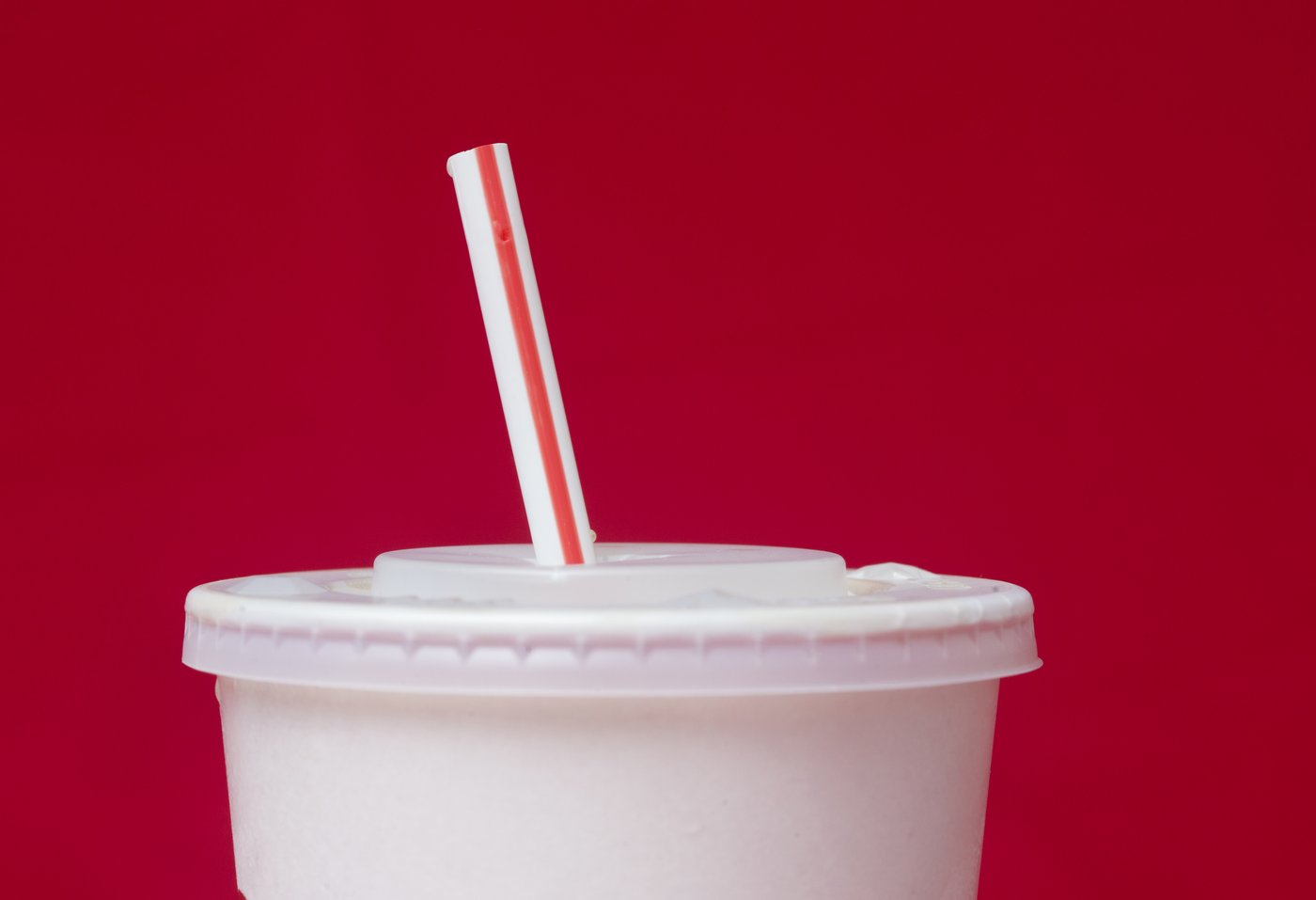The last time that U.S. President Donald Trump introduced tariffs on imports of foreign-made steel, American whiskey makers stumbled.
But the plan he announced on Sunday to once again impose 25 per cent tariffs on steel and aluminum coming into the U.S. could be spirit-crushing for the drinks industry, both figuratively and literally.
“These tariffs,” Kentucky Gov. Andy Beshear told MSNBC on Sunday, “would be devastating to my state.”
Kentucky’s bourbon distillers, the inheritors of a long and proud American tradition dating back hundreds of years, already know too well the impacts of getting caught in the crosswinds of Trump’s disruptive and disputed international trade policies.
They were among those who felt the impacts of American steel tariffs introduced in 2018, when Trump cited national security reasons for artificially increasing the price of imports.
Canada and Mexico were initially exempted from the measures while officials tried to reach a deal with Washington. But by May of that year, their steel and aluminum products were also subject to a 25 per cent tariff.
Canada responded within a few weeks, slapping retaliatory 25-per-cent tariffs on U.S. steel and aluminum products entering Canada. But Ottawa also imposed lower 10-per-cent penalties on dozens of other American goods, including maple syrup, mayonnaise, toilet paper, sleeping bags and whiskey.
Other major export jurisdictions also imposed tariffs of varying degrees on American liquor, including China, the European Union and Turkey.
The impact on future plans and potential business partnerships was quick and devastating. One Virginia-based rye whiskey producer who was in talks with a British producer to expand into the U.K. market likened it to being “ghosted” by a girlfriend.
“He just stopped answering the phone,” Catoctin Creek Distillery’s Scott Harris told the Washington Post in 2019.
The Canadian and Mexican retaliatory tariffs were in place for an entire year before a deal was reached to end the steel and aluminum dispute.
It was a relief for U.S. distillers, for whom Canada is the No. 2 export market after the European Union, according to the Distilled Spirits Council of the United States.
The agreement was particularly welcome in Kentucky, where bourbon and spirit production is a major economic driver that employs some 7,000 people and has an estimated total economic impact of $1.63 billion (US).
Key to that success is Canada.
Kentucky distillers sent more of their whiskies and other spirits north than to any other country. Exports to Canada were valued at about $90 million, according to a 2024 report by the Kentucky Distillers’ Association.
But economic peace in North America did not alleviate the industry’s problems on the other side of the Atlantic.
On top of initial 25 per cent European tariffs and the restrictions of the COVID-19 pandemic, distillers were threatened with the doubling of EU tariffs to 50 per cent in June 2021.
A 25-per-cent tariff has the effect stopping your momentum in its tracks, said Jim Perry, a representative of Jack Daniels’ Louisville, Ky., producer, Brown-Forman, told an online conference organized by industry advocacy group Toasts Not Tariffs as the 2021 tariff hike loomed.
“If you’re looking at 50 per cent, that is catastrophic. You are unable to invest in your brand’s growth. You’re unable to invest in your employees. You’re unable to grow jobs here in the United States … It threatens American jobs across the value chain.”
Former president Joe Biden struck a deal with the European Union in October 2021 to suspend the steel and aluminum tariffs and the EU, in turn, dropped its own retaliatory measures.
The impact was clear for all to see.
The tariffs resulted in a 20 per cent drop in sales of American whiskey to the EU between 2018 and 2021. Within a year of the suspension, exports had increased by 61 per cent, according to a 2024 report by the Distilled Spirits Council to the Office of the United States Trade Representative.
But that deal to suspend EU tariffs was a temporary measure, one that was extended in December 2023, but only until the end of next month. If Trump follows through on his tariff threat against European steel, the 50-per-cent retaliatory tariffs would appear to be a certainty.
The European Commission refused to comment on the details of Trump’s plan to impose across-the-board steel and aluminum tariffs on imported goods, but said there was “no justification for the imposition of tariffs” on European exports.
“We will react to protect the interests of European businesses, workers and consumers from unjustified measures,” the statement said.
In Canada, Industry Minister François-Philippe Champagne wrote on X that Canada was a partner and its steel key to the success of the American defence, shipbuilding and auto industries.
Ottawa hasn’t yet said what, if any, steps it planned to take in response to Trump’s latest tariff threat. But the government already rolled out a list of retaliatory tariffs it was prepared to enact in response to Trump’s earlier threats to the bilateral trading relationship.
Among the products to be targeted was American whiskey.
(Also unclear is if the provinces will restore their threats to ban U.S. products from provincial liquor retailers and distributors, like the LCBO and Quebec’s SAQ — some of the Kentucky distillers’ biggest single customers.)
On Sunday night, Canadian Steel Producers Association CEO Catherine Cobden recalled in a statement that the last tariff dispute over Canadian steel “saw massive disruptions and harm on both sides of the border, hurting both America and Canada.”
But she was resolved to the seeming inevitability of another dispute. If and when it begins, she said, “We must retaliate immediately.”



